Welcome to Le Châtelain: A Neighborhood Guide from Morton Place
Living at Morton Place Châtelain means being in the heart of one of Brussels’ most desirable neighborhoods. With bustling cafés and wine bars, independent boutiques, and the legendary weekly market, the Châtelain is beloved by both locals and newcomers alike.
We’ve asked our Morton Place residents — and our House Manager Ivonne, who has lived in the Châtelain for years — to share their favorite spots. This way, you get a guide that’s truly personal, tried and tested by people who call the neighborhood home.
Our Favorite Cafés & Brunch Spots in Châtelain Brussels
Over the 9 years we have been in the neighborhood, we have seen an explosion of artisan coffee shops. These are the favorites of our current residents. Whether we need a coffee, brunch, or a place to work, these are the cafés we return to again and again:
-
Poz– Bright, modern, and perfect for a healthy lunch or a laptop session.
-
Jackie – Minimalist and cozy, with specialty coffee and a quiet atmosphere for reading or chatting.
-
Belga & Co – A townhouse café with soft lighting and a hidden garden we love in summer.
-
Bisou – Once an ice cream shop, now also a bakery and all-day café. We love that it still serves its original ice creams alongside pastries and coffee.
-
Holy Bagels – Brussels’ only homemade bagels. Whenever we’re craving comfort food, this is where we go.
Where We like to Shop in the Châtelain Ixelles
Châtelain is full of small shops and boutiques that make errands feel like an outing. Our residents recommended these favorites:
-
Les Petits Riens – Magasin Central – Vintage finds that support a great cause.
-
Rose – Colorful gifts and accessories — ideal when we need something fun and unique.
-
Nijinski – A legendary secondhand bookstore with a great English and French selection.
-
Mellow – Casual but polished workwear and beautiful homeware gifts.
-
Hopono – We can spend hours here browsing fashion, kitchenware, and quirky hobby kits
Everyday Essentials & Food Shopping in Châtelain
One of the things we love most about living in Châtelain is how easy it is to shop for both everyday needs and foodie favorites. Whether you’re doing a quick grocery run, a full weekly shop, or picking up something special, everything is close at hand.
-
Marché de la Place du Châtelain: Every Wednesday, the square transforms into a lively market. It starts with food trucks at lunch and turns into a popular after-work apéro spot. Fresh produce, cheese, flowers, and artisanal goods make it a must for both newcomers and locals.
-
The Barn Bio Markt – A resident favorite for organic groceries and sustainable basics.
-
Aldi (Chaussée de Charleroi) – Reliable and budget-friendly — perfect for your weekly shop just a few steps from Morton Place.
Nights Out in Châtelain: Resident & Ivonne’s Picks
When the sun goes down, the neighborhood stays lively. Some of our residents swear by:
-
Perch at JAM – For a rooftop cocktail with a view.
-
BBP Bailli (Brussels Beer Project) – Craft beer, homemade pizza, and a buzzing terrace
Ivonne, our House Manager who has lived in the Chatelain area for over 10 years, shares her favorites for a night out:
“For a chic cocktail I love The Bank, while Pepette et Ron Ron is perfect if you’re in the mood for a good glass of wine after work. When you want real energy, Gratin is always buzzing with thirty-somethings, and if you’d rather keep things relaxed, Café Club has that cozy neighborhood feel,” Just a few of Ivonne’s insider tips for enjoying this fantastic neighborhood.
Fitness & Wellness in the Châtelain
We all need balance — and luckily, Châtelain makes it easy:
-
Yoga Room – Defacqz – Light-filled and peaceful, ideal for both energizing and restorative classes.
-
Harmon House – A boutique hotel gym and spa that feels like a treat.
- Basic Fit – Saint Gilles cheap and cheerful gym just around the corner
Looking for more inspiration? Check out our residents’ guide to gyms and wellness in Brussels.
Getting Around in Châtelain
We love how connected Châtelain is:
-
Trinité Tram Stop (5 minutes’ walk) and Janson Tram Stop (7 minutes’ walk) connect us to the rest of Brussels. (Note: Tram 81 is under works until December 2026.)
-
The European Parliament and European Commission are about 20 minutes away by public transport.
-
Louise and the Blue Tower offices are just a 10-minute walk.
👉 For newcomers and stagiaires, this makes Châtelain the best of both worlds: a calm, village-like neighborhood with quick commutes to work. If you’re moving to Brussels for an internship, don’t miss our tips for Commission stagiaires.
Living at Morton Place
Life at Morton Place means cafés, markets, gyms, and rooftop bars are on your doorstep — with quick connections to work and the city.
Explore our coliving houses in Brussels and discover which neighborhood is right for you.
Can You See Yourself at Morton Place?
We hope you’ll join our Morton Place community! As a resident in one of our homes it’s our mission to help you settle into Brussels while delivering you the unique benefits of a chic, all-inclusive, coliving environment. Feel free to reach out anytime!
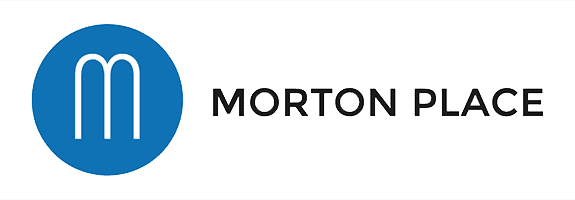
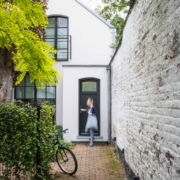
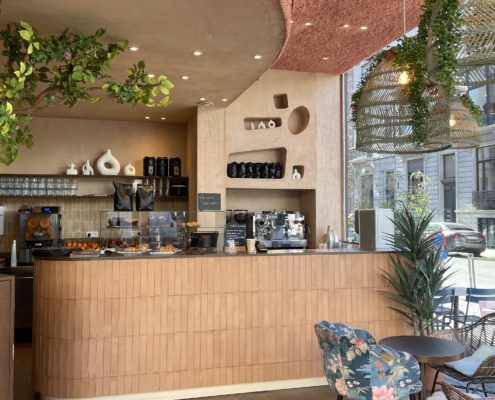
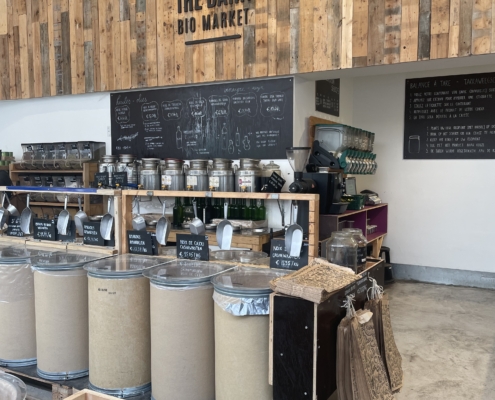

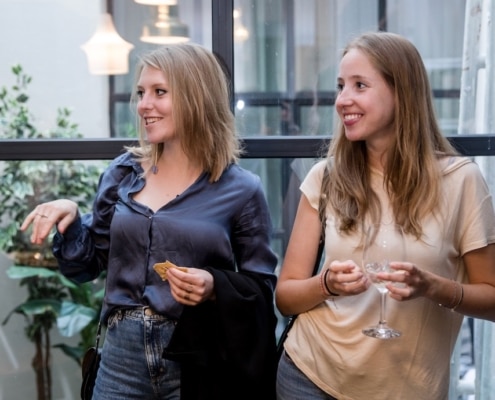
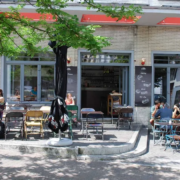
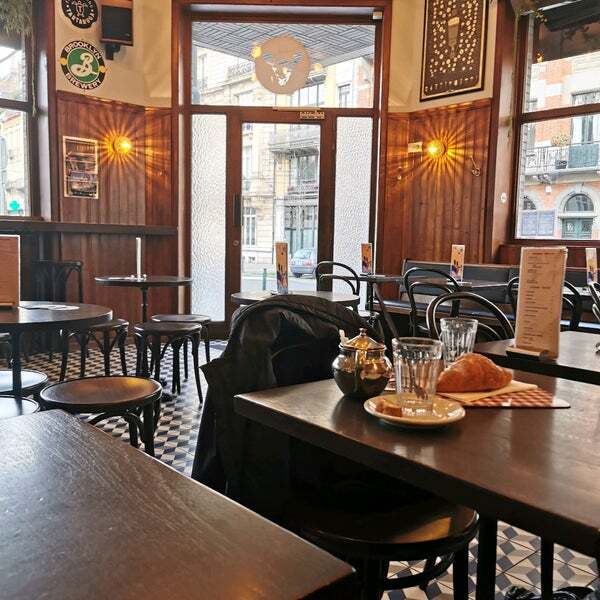
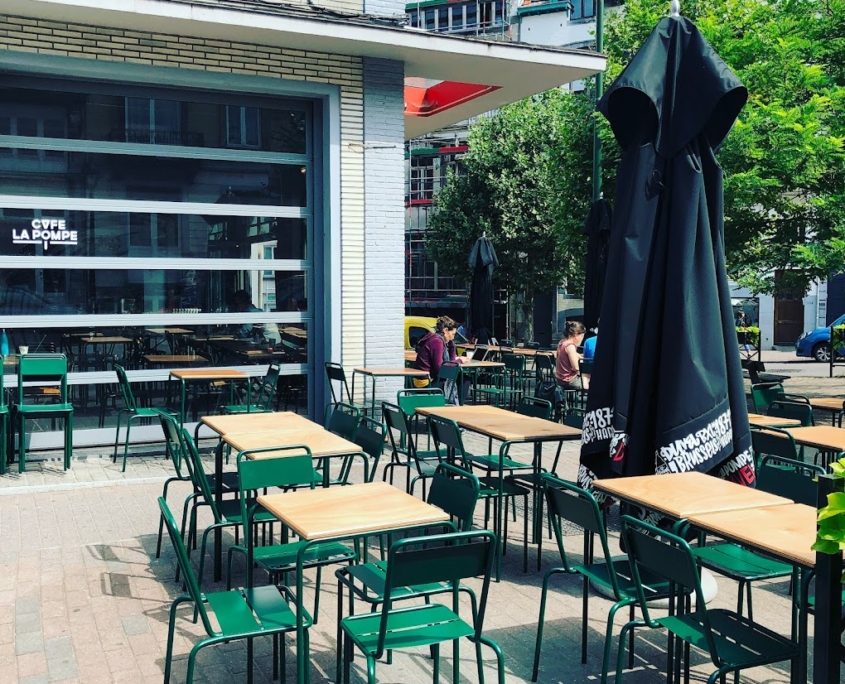
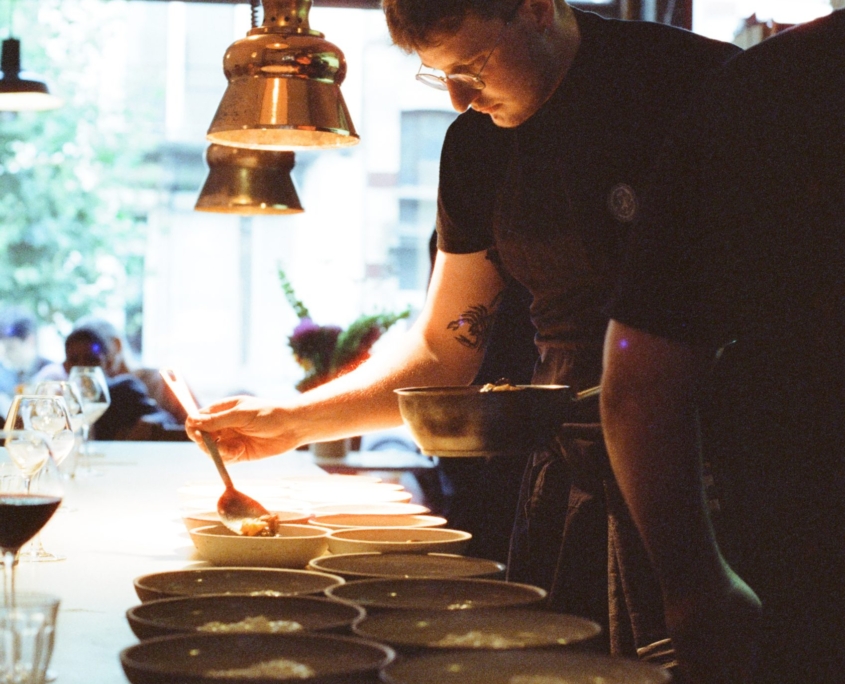
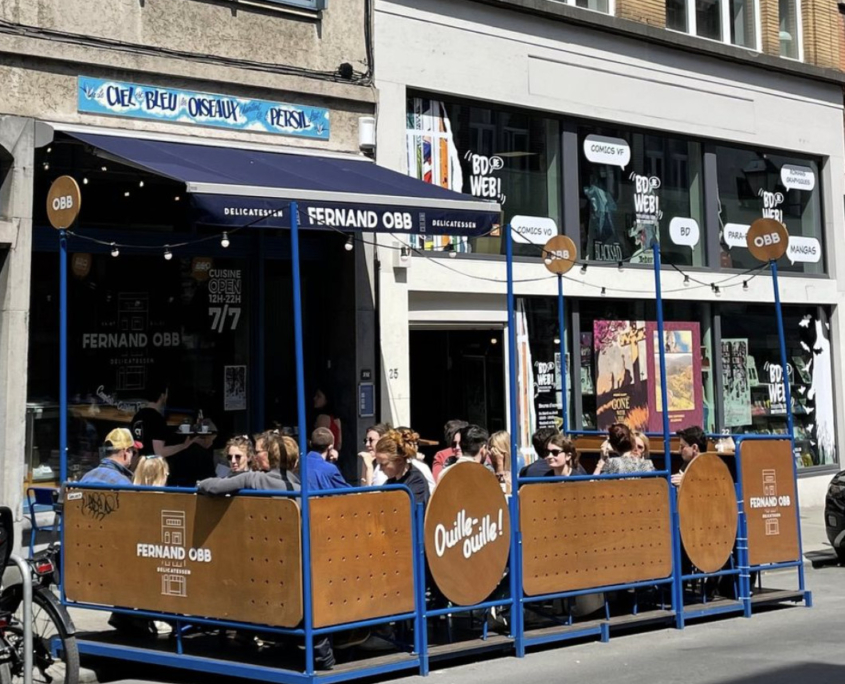
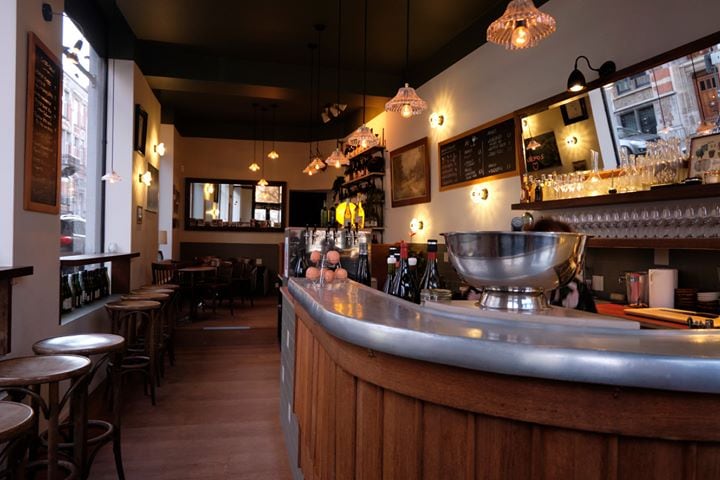
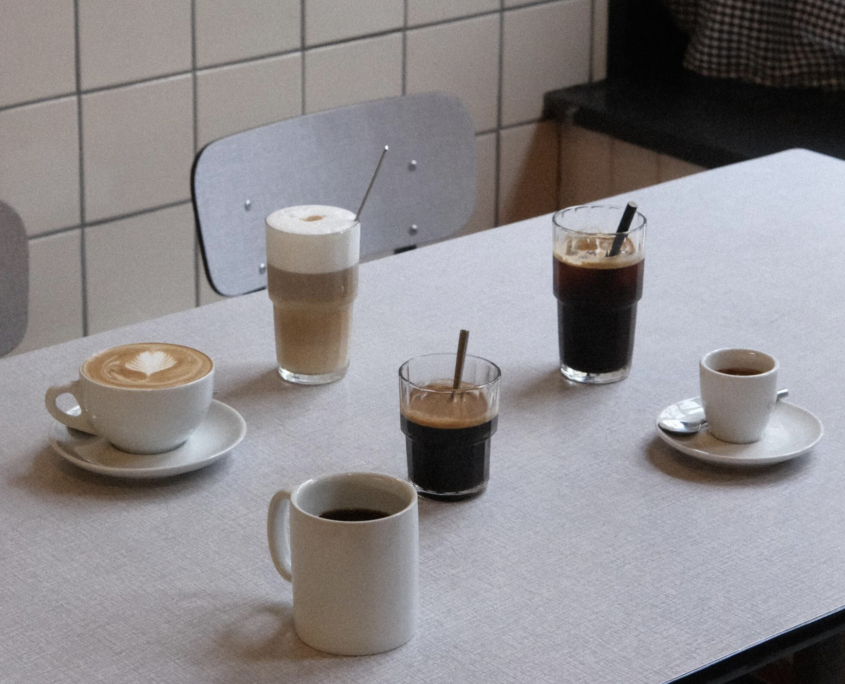
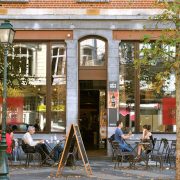 MP Holdings
MP Holdings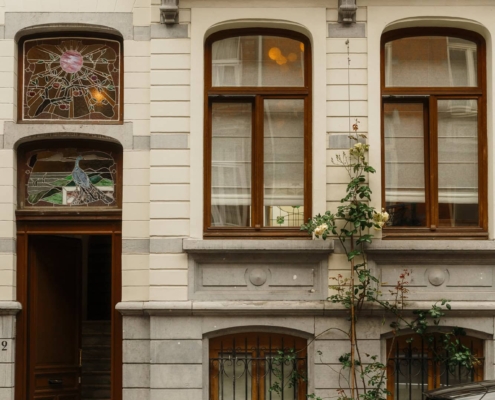
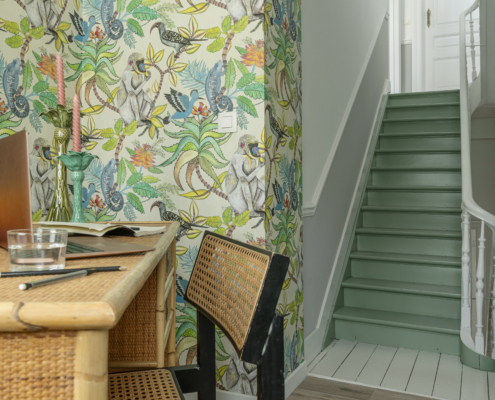
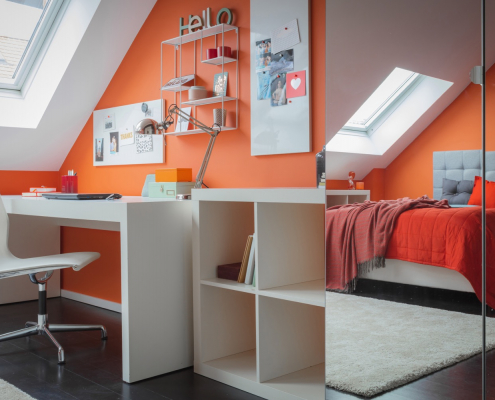
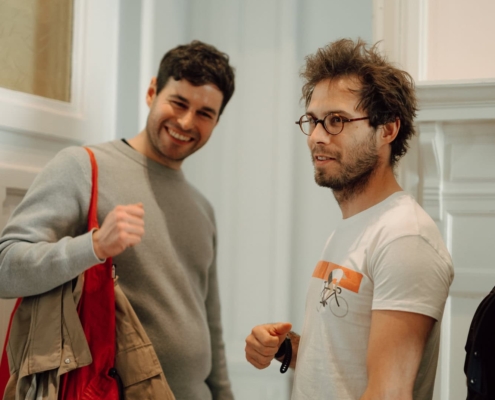
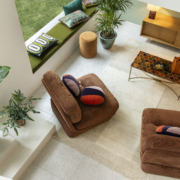
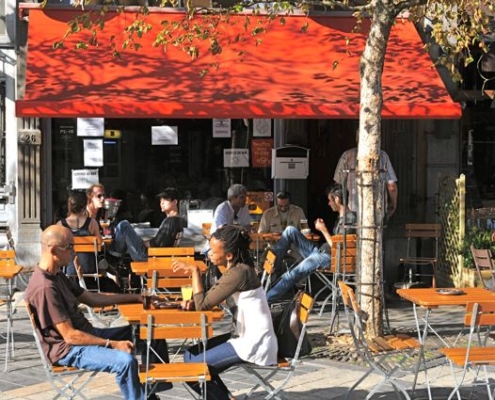
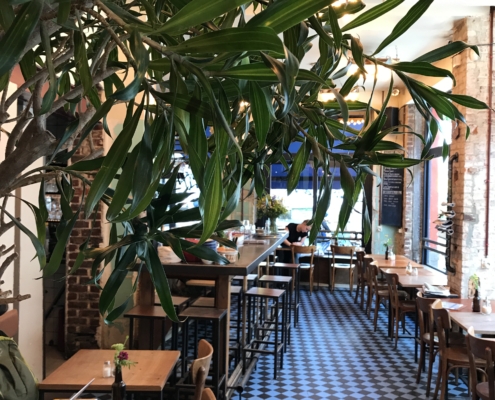
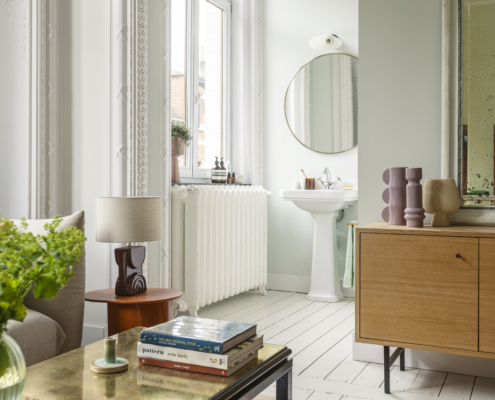

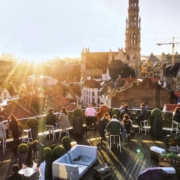 Warwick Hotel
Warwick Hotel 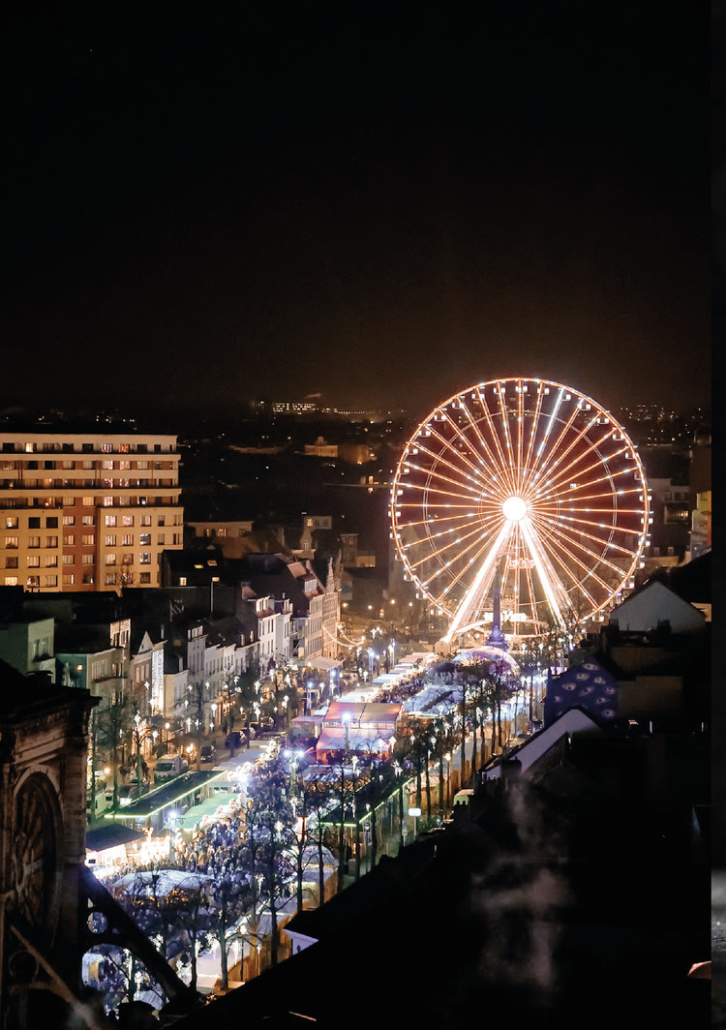

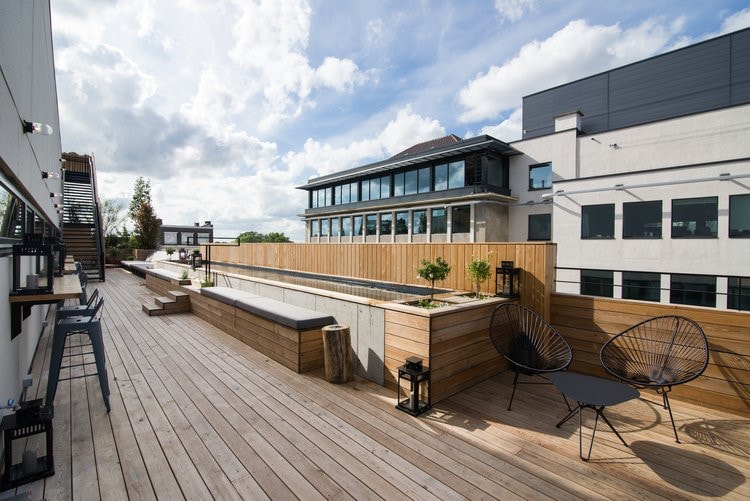
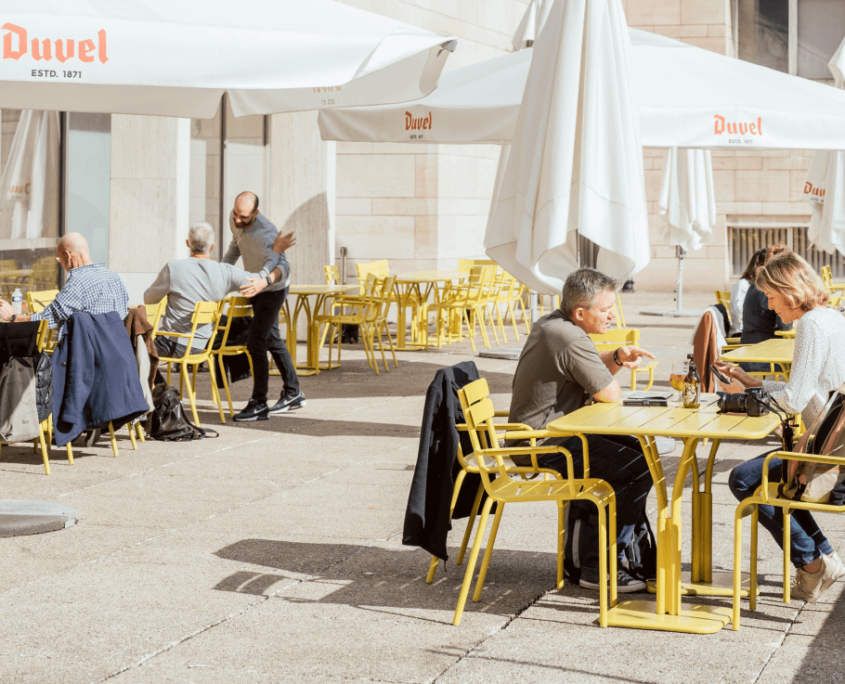
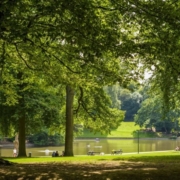 Ville de Bruxelles
Ville de Bruxelles 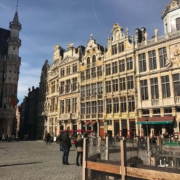 MP Holdings
MP Holdings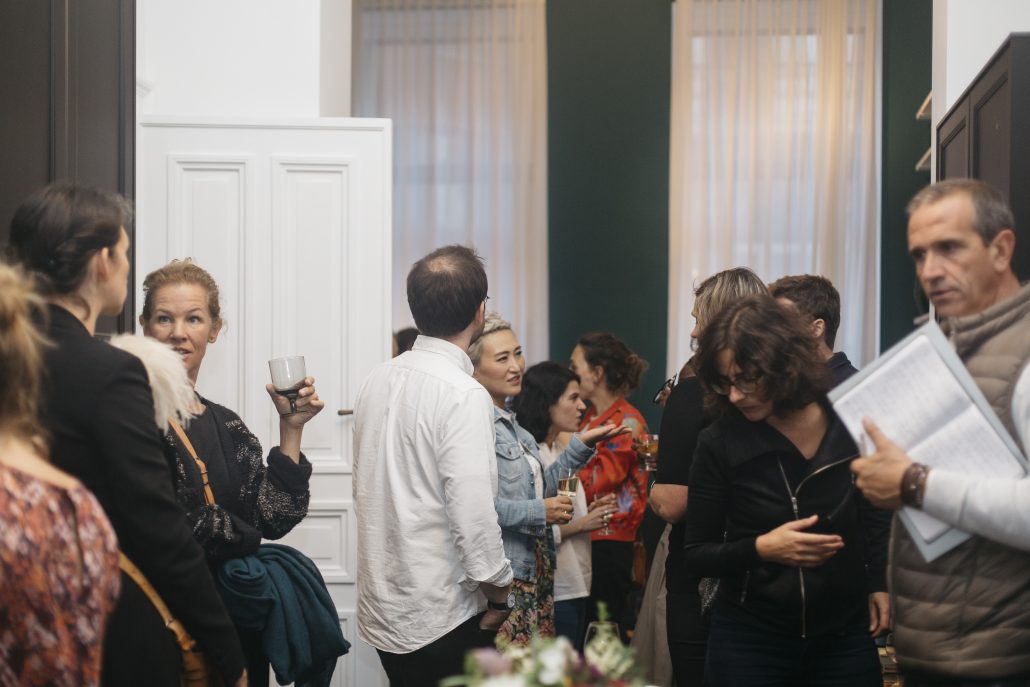
 MORTON PLACE
MORTON PLACE